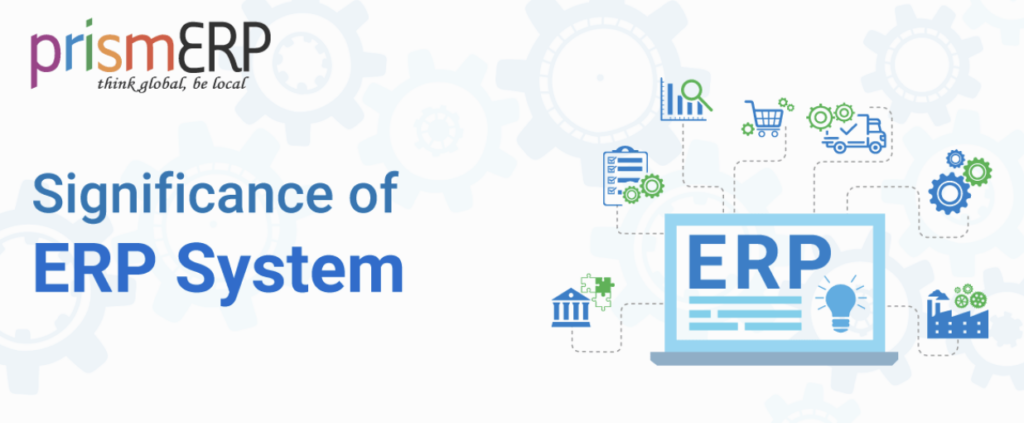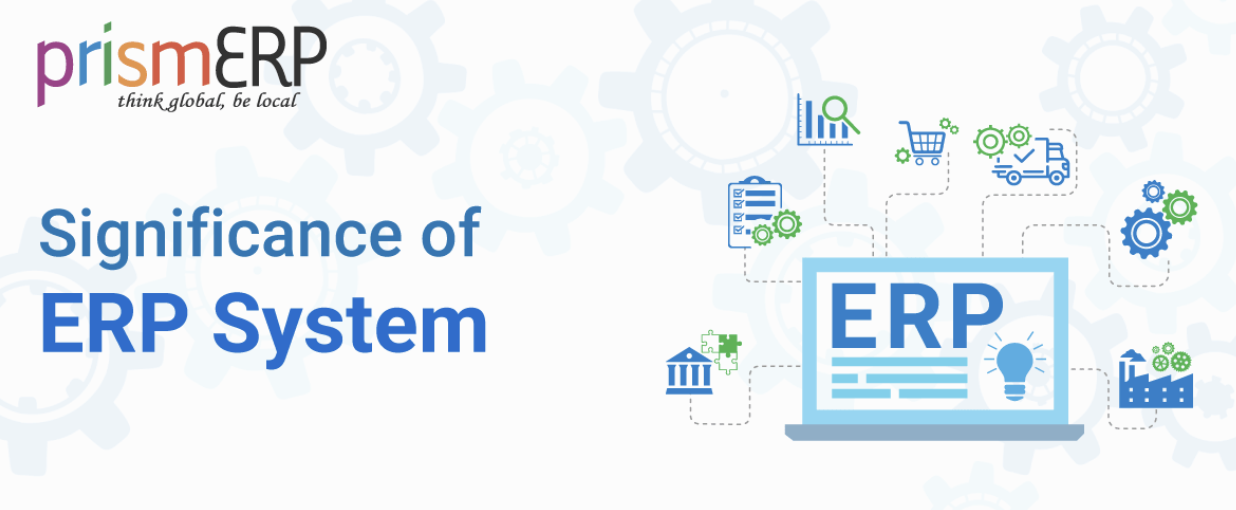The Hidden Gem of Business Management: Unleashing the True Potential of ERP Systems

In today’s competitive business landscape, staying ahead requires leveraging cutting-edge technology and streamlined processes. While various tools aid in managing different aspects of an enterprise, one often underestimated gem remains crucial for overall success: Enterprise Resource Planning (ERP) systems. As businesses strive for sustainable growth and efficient operations, understanding the true potential of ERP systems emerges as a critical element in modern business management.
Introduction to ERP Systems
In the world of business management, ERP systems serve as comprehensive software solutions designed to integrate and manage various aspects of a company’s operations. These systems offer a centralized approach to data management, streamlining processes, and facilitating informed decision-making.
Understanding the Importance of Business Management
Efficient business management serves as the cornerstone of sustainable growth and success. By effectively overseeing resources, operations, and data, organizations can optimize their performance and stay responsive to market demands.
Unveiling the Hidden Potential of ERP Systems
While many perceive ERP systems as mere tools for inventory and order management, their potential goes far beyond. These systems can unify various business functions, including finance, human resources, supply chain, and customer relationship management, providing a holistic view of the organization’s operations.
The Evolution of ERP Systems
Over the years, ERP systems have evolved significantly, adapting to the dynamic needs of modern businesses. From on-premises solutions to cloud-based platforms, the evolution has enabled businesses to access real-time data, enhance collaboration, and ensure seamless scalability.
Streamlining Operations with ERP
By integrating various departments and functions, ERP systems streamline operations, minimizing redundancies and optimizing resource utilization. This integration fosters a cohesive work environment, promoting cross-departmental collaboration and communication.
Enhancing Efficiency and Productivity
With automated workflows and centralized data management, ERP systems eliminate manual processes, reducing the margin for error and enhancing overall productivity. This automation enables employees to focus on high-value tasks, fostering innovation and creativity within the organization.
Cost Management and Reduction
Efficient resource utilization, accurate forecasting, and streamlined procurement facilitated by ERP systems contribute to significant cost management and reduction. By identifying cost-saving opportunities and optimizing expenditure, businesses can allocate resources more effectively, thereby enhancing their financial performance.
Improving Decision-Making Processes
Access to real-time data and comprehensive analytics empowers business leaders to make informed, data-driven decisions. ERP systems provide valuable insights into various aspects of the business, enabling proactive strategies and adaptive decision-making in rapidly changing market conditions.
ERP Systems and Customer Satisfaction
Through effective data management and streamlined operations, ERP systems contribute to improved customer satisfaction. By ensuring timely delivery, personalized experiences, and efficient query resolution, businesses can build long-lasting customer relationships and foster brand loyalty.
The Future of ERP Systems
As technology continues to evolve, the future of ERP systems holds exciting possibilities. Enhanced artificial intelligence, machine learning, and predictive analytics will further empower these systems, enabling businesses to anticipate market trends and adapt to evolving customer demands seamlessly.
Integrating ERP Systems for Small Businesses
While traditionally associated with large corporations, ERP systems now cater to the needs of small businesses, providing scalable solutions that facilitate growth and operational efficiency. Through customizable and cost-effective implementations, small businesses can harness the power of ERP systems to compete effectively in the market.
Challenges and Solutions in Implementing ERP Systems
While the benefits of ERP systems are evident, their successful implementation poses certain challenges. Issues related to data migration, employee training, and integration complexities can hinder the adoption process. However, with proper planning, comprehensive training, and proactive support, businesses can navigate these challenges effectively.
ERP Systems and Data Security
The secure management of sensitive business data remains a significant concern in the implementation of ERP systems. Robust data security protocols and encryption measures are critical to safeguarding confidential information, ensuring data integrity and protecting the organization from potential cyber threats.
Training and Support for Successful Implementation
Proper training and ongoing support play a crucial role in the successful integration and utilization of ERP systems. By empowering employees with the necessary skills and knowledge, businesses can maximize the potential of ERP systems, fostering a culture of continuous learning and innovation.
Conclusion: Maximizing Business Potential with ERP
In conclusion, ERP systems represent a hidden gem in the realm of business management, offering comprehensive solutions for optimizing operations, enhancing efficiency, and facilitating informed decision-making. By embracing the true potential of ERP systems, businesses can streamline processes, reduce costs, and foster sustainable growth in today’s dynamic and competitive market.
FAQs
- How do ERP systems contribute to cost reduction?
- What are the key challenges in implementing ERP systems for small businesses?
- How can businesses ensure data security while using ERP systems?
- What role does employee training play in the successful implementation of ERP systems?
- How can businesses leverage ERP systems to enhance customer satisfaction?

